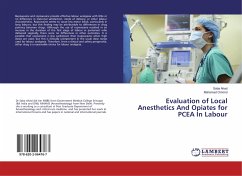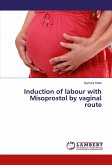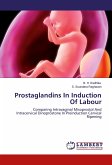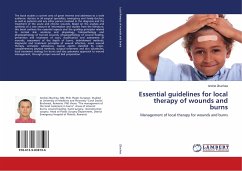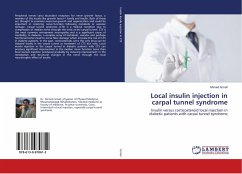Bupivacaine and ropivacaine provide effective labour analgesia with little or no difference in maternal satisfaction, mode of delivery, or other labour characteristics. Ropivacaine seems to cause less motor block, particularly in long labours, but this finding may be attributable to differences in drug potency between drugs. Although the use of ropivacaine resulted in an increase in the duration of the first stage of labour in parturient who delivered vaginally, there were no differences in other outcomes. It is possible that ropivacaine is less cardiotoxic than bupivacaine when high doses are used, but this is clinically unimportant in the usual dose range used for labour analgesia. Therefore, from a clinical and safety perspective, either drug is a reasonable choice for labour analgesia.
Bitte wählen Sie Ihr Anliegen aus.
Rechnungen
Retourenschein anfordern
Bestellstatus
Storno

